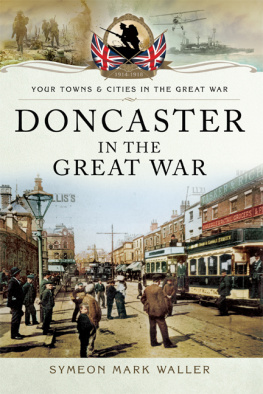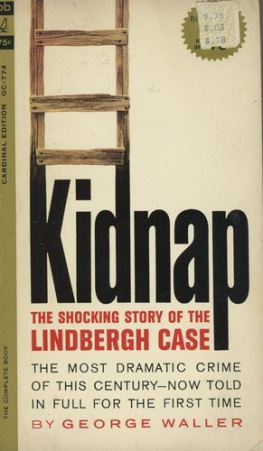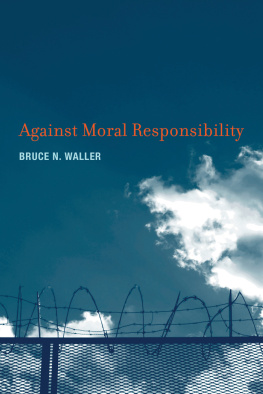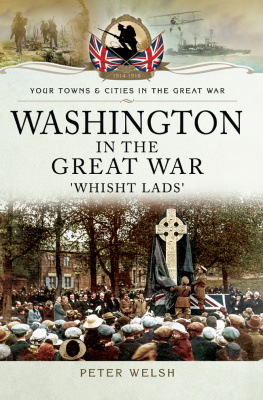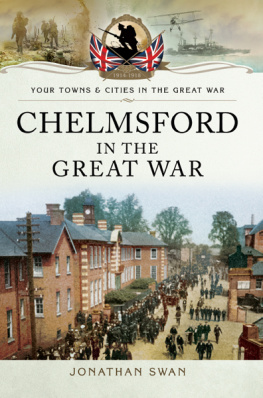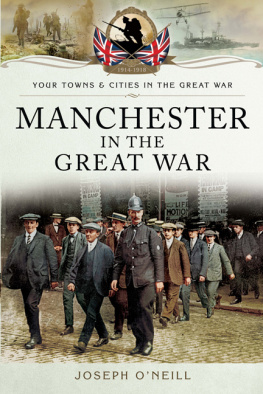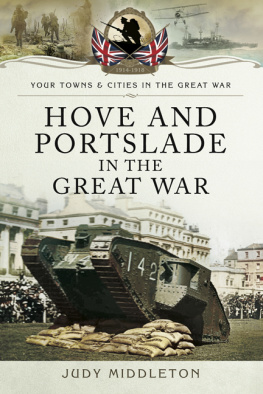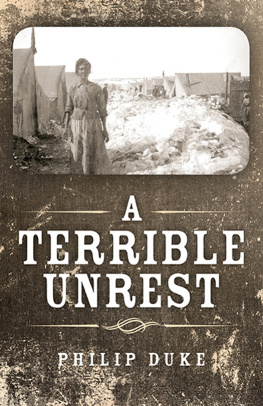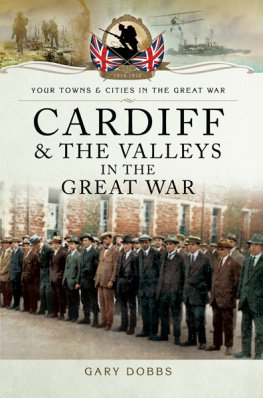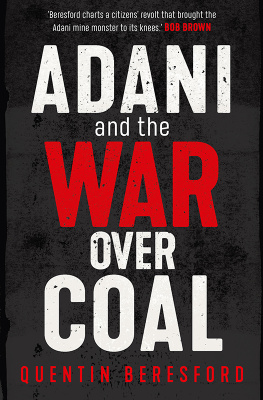
First published in Great Britain in 2014 by
PEN & SWORD MILITARY
an imprint of
Pen and Sword Books Ltd
47 Church Street
Barnsley
South Yorkshire S70 2AS
Copyright Symeon Mark Waller, 2014
ISBN 978 1 78303 644 8
eISBN 9781473838246
The right of Symeon Mark Waller to be identified as the author of this work has been asserted by him in accordance with the Copyright,
Designs and Patents Act 1988.
A CIP record for this book is available from the British Library
All rights reserved. No part of this book may be reproduced or transmitted in any form or by any means, electronic or mechanical including photocopying, recording or by any information storage and retrieval system, without permission from the Publisher in writing.
Printed and bound in England
by CPI Group (UK) Ltd, Croydon, CR0 4YY
Typeset in Times New Roman by Chic Graphics
Pen & Sword Books Ltd incorporates the imprints of
Pen & Sword Archaeology, Atlas, Aviation, Battleground, Discovery, Family History, History, Maritime, Military, Naval, Politics, Railways, Select, Social History, Transport, True Crime, and Claymore Press, Frontline Books, Leo Cooper, Praetorian Press, Remember When, Seaforth Publishing and Wharncliffe.
For a complete list of Pen and Sword titles please contact
Pen and Sword Books Limited
47 Church Street, Barnsley, South Yorkshire, S70 2AS, England
E-mail: enquiries@pen-and-sword.co.uk
Website: www.pen-and-sword.co.uk
Contents

Acknowledgements

With grateful thanks to the Doncaster Library Service for allowing me access to the Doncaster Chronicle and Doncaster Gazette newspapers.
To Margaret Bowen for her hard work in proof-reading and spell-checking.
A special thank you to Harrison and Eunice Ball for the use of the pictures of items in their personal collection. These items proved to be an invaluable source of inspiration to me as I struggled to get into the mindset of the fighting soldier.
And to my wife for her patience and understanding during the writing of this book.
Introduction

Over the centuries the people occupying the settlement of Doncaster have played a part in defending the country from one foe or another.
During the time of the Saxons there were conflicts between kingdoms. Along came the Normans with various bloody engagements during the Harrying of the North. The town was a hive of excitement, trepidation and confusion during the Wars of the Roses in the fifteenth century. Conisbrough Castle was a base for the ill-fated Richard, Duke of York, and it was from here that he set out for his property at Sandal Castle and the Battle of Wakefield where he was defeated and killed by Lancastrian supporters of King Henry VI.
Fast forward to the seventeenth century and townsfolk were called to choose between the Crown or Cromwell in the English Civil War. The civil conflict of that period caused much disturbance as armies marched along the Great North Road from north to south and back again. Cromwell and his men arrived in Doncaster to be entertained by the Corporation at the expense of the townspeople. That both the Kings men and Parliamentarians came to Doncaster in search of new recruits is well documented.
As the Victorian period was ending, came the Boer War with its improved fire power through advancing technology. At its end in 1902 the wounded arrived back on our shores and Doncaster families lamented their sons who had fallen on African soil. The dust settled, peace and tranquillity returned and Doncaster slipped back into its routine as an emerging mining town. Relative normality resumed and the memories of war gradually faded.
The harmony ended abruptly in the mid-summer of 1914 when the Great War erupted in Europe. Once again Doncaster men and boys were called to arms and Doncaster felt the sadness and anguish that can only come when those that are dearest to us are laying their lives on the line. Doncastrians, it seems, were a willing bunch when it came to fighting for what they were persuaded to believe was a good cause.
However, in the long years of war Doncaster was shaken to its foundations and communities were damaged beyond repair. Peoples memories of the Great War still persisted into the twenty-first century but with the 100th anniversary these have all but faded away.
This book looks at ways in which the First World War took its toll on Doncaster in particular. It serves, not only as a lasting memory for a generation in danger of forgetting, but also, and more importantly, as a means of expressing grateful recognition for the men and boys who lost their lives in that conflict.
Symeon Mark Waller
CHAPTER 1
Peace is Shattered

August bank holiday has become a time of year that is looked forward to by many, much the same as Christmas and Easter, for it is a time of rest and relaxation and a time for family reunions after a year of work. It would be a time of sunny seaside excursions and picnics in the countryside if it were not for our ever-changing and unpredictable climate making it harder and harder to plan for these things. This period of mid-summer recuperation has been a tradition for a great many years. My grandmother recalls with fondness her annual day trip to Skegness with her peers as the focal point of the whole year! She remembers those trips with that bright sunny memory that we all possess when we romance about the happiest moments from our childhood. She was born in 1925 to Isaac and Eliza Brookes sharing a small, three-bedroom pit-house on Rostholme Square in Bentley, firstly with her elder sister Joyce, and then closely followed by another sister and four brothers. Although her memory of daily life is ebbing away she holds tightly to those halcyon days spent chasing waves on Skegness beach.
On the approach to August bank holiday in 1913 things were not much different to those of previous years. In Doncaster, mining was in its heyday. Men and boys worked long hours down the pit, while women and daughters were busy keeping a home clean and tidy and preparing simple and affordable meals. One advertisement which appeared in the local newspaper was tailored specifically for those working hard in the kitchen at home, it reads:
EVERY HOUSEWIFE IS HER OWN FOOD CONTROLLER - You can make an endless variety of milk puddings, savouries, baked puddings, etc with Atora Shredded Suet and the rice, flaked maize, oatmeal, lentils, peas, beans, etc advised by the Food Ministry for saving wheat flour. Atora makes puddings very light and very nourishing. Fritters made of these cereals should be fried in Atora Block Suet. Atora is sold by all grocers in 1lb boxes for 1s. 5d. or lb boxes for 9d.
Life was hard with no support from the government to prop up the family unit in times of financial difficulty. Illnesses which are now common and curable were proving fatal. According to the census returns of 1911, it was not uncommon for a family to lose more than one child in infancy so that eight or more babies might have been born in order to arrive at the typical family of four.

